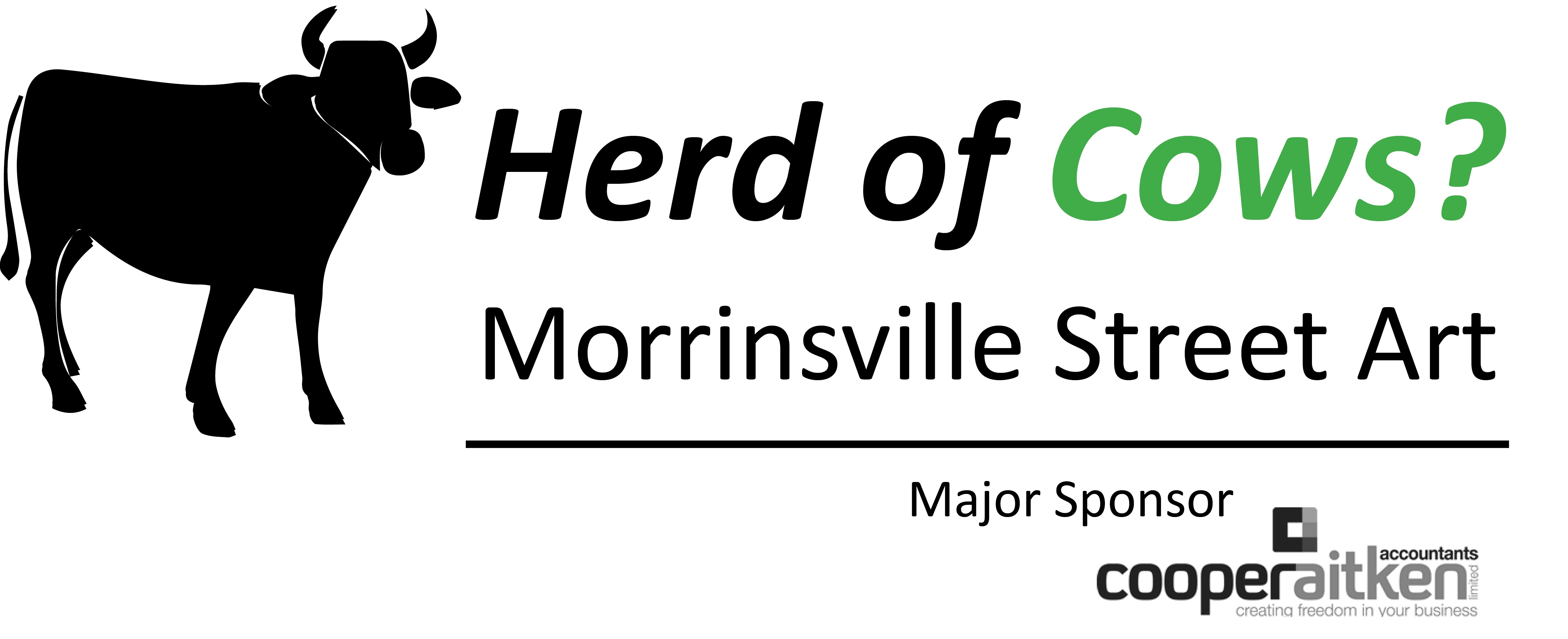It is that time of year again, where the 31st March has passed and 31 May is approaching – two of our most common balance dates.
For those with 31 March as their balance dates, we have already sent out questionnaires via email and posted others where email is not an option. It may seem a daunting process but think of it more like a checklist of information that you need to provide to us and advise us of any major changes during the year. It is, at minimum, a legal requirement that the front page is signed, so we cannot proceed with your accounts until we have this on file.
Common additional information that we need from you at the end of the financial year is:
- Bank and Loan statements – Confirming your account/loan balances and interest rates
- Accounts Receivables – Review this list and if you believe any of these will not be collected, they must be written off prior to balance date in order to claim the deduction.
- Accounts Payables
- Stock on Hand – For commercial clients, those with stock valued at more than $10,000, this is a must and can be obtained by conducting a physical stocktake. Alternatively, if you have an inventory system, the value can be found through that. For farming clients, a physical stock count needs to be undertaken on balance date, noting the ages and classes of animals. Alternatively, electronic stock records like NAIT records can be provided.
- Any Hire Purchase agreements and repayment schedules with all information relating to the finance
- Any invoices for asset purchases, large repairs & maintenance items and insurances paid (including payment schedules if these invoice are financed) so we can treat them appropriately
- Revisit your fixed asset/depreciation schedule from your 2020 accounts and advise us of any assets you no longer have or any that need to be written off
- Covid-19 related items – please advise us of any Wage Subsidies claimed or whether you have used the Small Business Loan Scheme. We will need all details relating to these so we can ensure they are treated correctly
- Any changes to your family situation, which can affect your entitlement to family assistance
- Any donation receipts for donations made to registered charities, public schools and religious organisations throughout the year. Alternatively, these can now be uploaded to myIR as you go.
Please note that anything not provided to us, like invoices, still needs to meet the record-keeping requirements and we do assume that this is the case. We recommend that you keep all financial records and invoices for 10 years.
Although it can be viewed as a cumbersome task to plan for the end of the financial year, the process can be made easier and more efficient with the use of proper accounting systems and technology. Rather than using a physical folder to file all of your documents, most accounting packages now allow us to upload the information as we go via cloud-based software, meaning we will not need to request as many documents from you that we once did. Anything obtained throughout the year or uploaded to your accounting software does not need to be provided to us again. Accounting software also makes record-keeping much more relevant and less time consuming.
If you would like any further information on software packages available, please contact our software team, based in the Morrinsville office.
As the end of the financial year passes or approaches, it is worth acknowledging how hard small businesses have worked for their survival. Armed with the knowledge and experience that Covid-19 has provided to all of us, I would like to encourage you to continue to work with us to build a plan for the year ahead. We never know what is going to hit us, but being prepared always helps.






